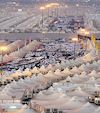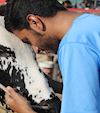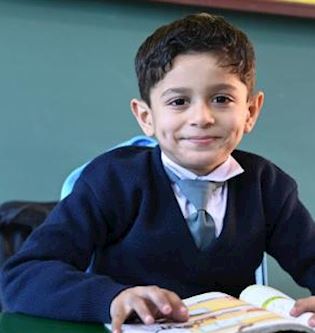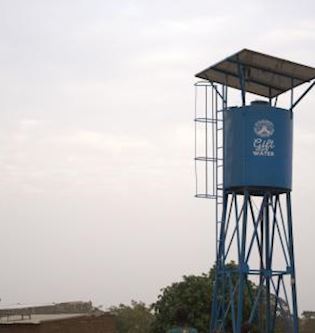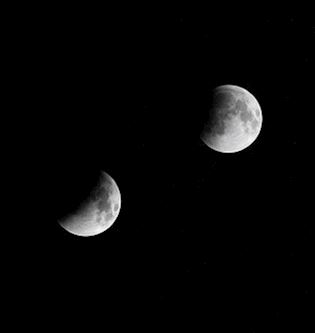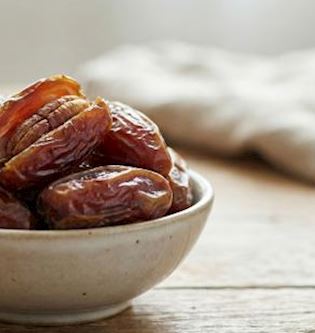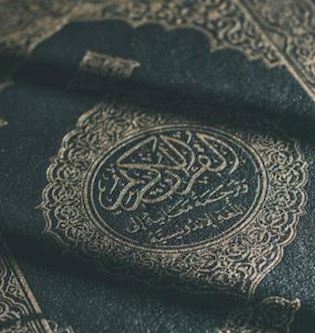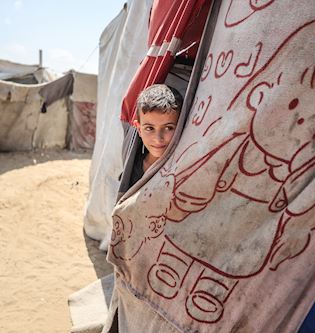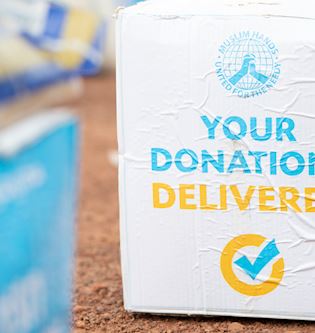The second day of Hajj 9 Dhul-Hijjah: A step-by-step guide to Rules and Rituals of Hajj
What is the importance and benefits of The Day of Arafah?
The day of Arafah is one of the most important days for Muslims across the world. It falls on the ninth of Dhul-Hijjah. Fasting on the day of Arafah and performing any ibadah expiates the sins of the past year and the coming years. It's believed to be the best day of the year; without it, Hajj would not be complete. It's the promised day that Islam was completed on Muslims by the mercy of Allah.
The Prophet Muhammad(PBUH) said:
“There is no day on which Allah frees people from the Fire more so than on the day of ‘Arafah. He comes close to those (people standing on ‘Arafah), and then He reveals before His Angels saying, ‘What are these people seeking.”
[Muslim]
Also, Allah(swt) when referring to the day of Arafah in Surah al-Maidah says:
“ as the Day on which He perfected His religion, completed His favors upon His beloved Prophet Muhammad (peace and blessings be upon him), and approved Islam as a way of life.
[Quran 5:3]
After the sun rises on Dhul-Hijjah 9, pilgrims leave Mina to Arafah. Staying in Arafah is a major pillar of Hajj.
How long do you stay in Arafah?
While performing Hajj, the time for staying in Arafat starts from the Zhuhr Prayer of Dhul-Hijjah 9 and ends at Maghrib time. The Prophet Muhammad stayed in Arafah until sunset, and therefore some scholars hold that pilgrims should not leave Arafah before sunset. However, due to large crowds at Arafah, if you have to leave before sunset to make it to Muzdalfah that is okay too.
You pray Zhuhr and `Asr, joining them at the time of Zhuhr if possible, and shortening each of them to two rak`ahs
What are five recommended actions for the Day of Arafah?
In Arafah, you should busy yourself with salah, dhikr,dua, fast, donate on the day of Arafah, and asking for Allah’s forgiveness because the Day of Arafah is the best day of the year.
A’ishah (may Allah be pleased with her) narrated that the Prophet (PBUH) said,
There is no day in which Allah frees a greater number of His slaves from the Hellfire than the Day of `Arafah. Allah comes close to His slaves and boasts about them to the angels, then asks (a rhetorical question): “What do these slaves seek?”
(Muslim)
The day of Arafah is a blessed day to collect good deeds and a means of getting your past sins forgiven. As said in the hadith, Allah forgives His slaves through his divine mercy on the day of Arafah.
Is there a sermon given on the day of Arafah?
On the of Arafah, Prophet Muhammad delivered his historic farewell sermon during his last pilgrimage, emphasizing the sanctity of life, property, honor, and religion and completing his prophethood.
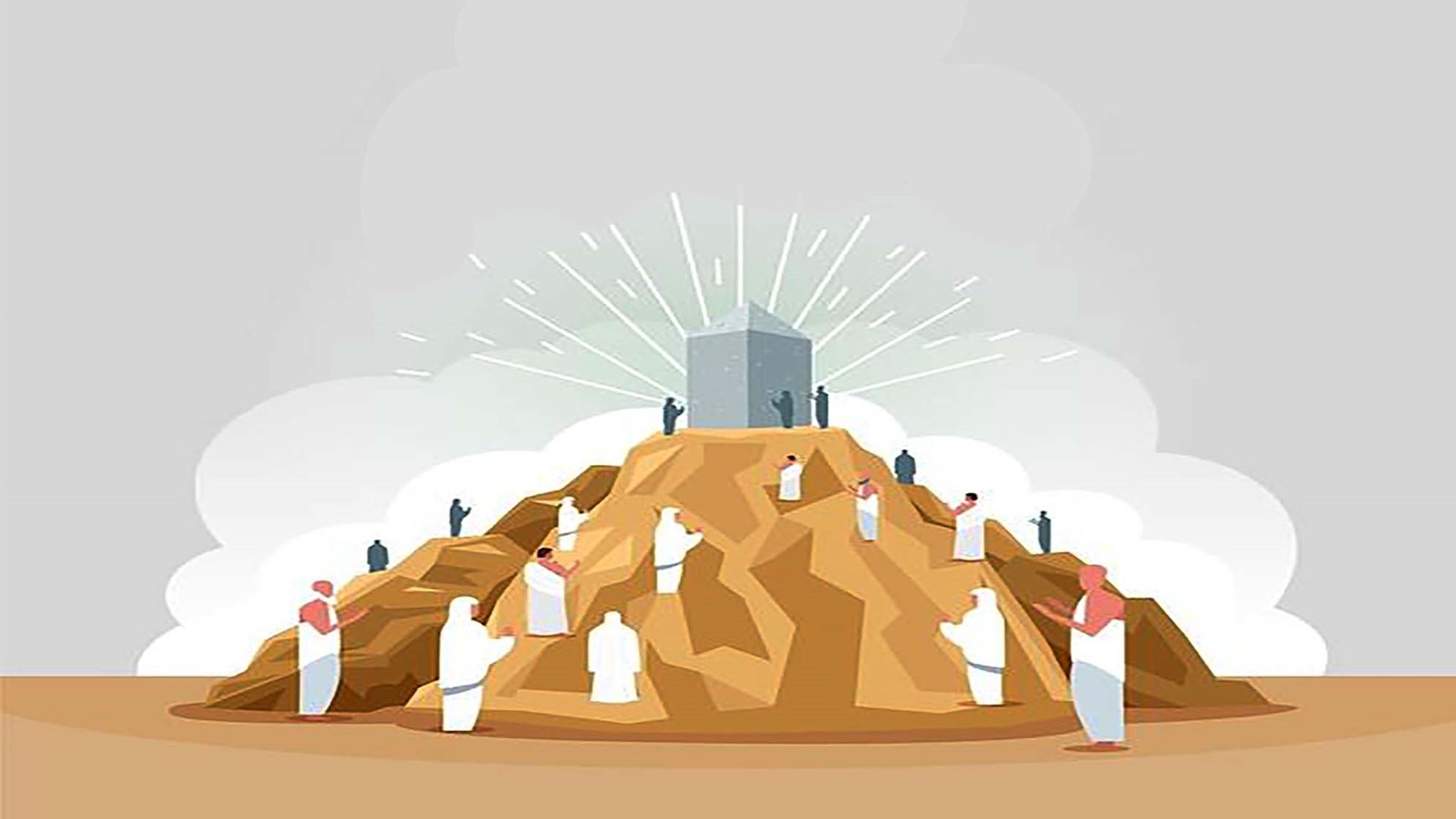
What do pilgrims do on Hajj on the Day of Arafah?
Pilgrims go on top of mount Arafat and stay on it and its surrounding area till Magrib, focusing on seeking forgiveness as a central part of their devotion on this significant day. The Day of Arafah, falling on the ninth day of Dhu al-Hijjah, is a pivotal moment in the Islamic calendar and the Hajj pilgrimage, where pilgrims dedicate themselves to prayer and repentance, hoping to earn Allah's mercy and forgiveness.
What is the best Supplication for the day of Arafah?
The Prophet (PBUH) said:
The best supplication is that of the Day of `Arafah, and the best thing that I and other Prophets before me said, is:
لَا اِلٰہَ ِالّا اللہُ وَحدَہُ ، لَا شَرِیکَ لَہُ ، لَہُ المُلکُ وَ لَہُ الحَمدُ وھُوَ علیٰ کُلِّ شیٔ قَدِیر
La ilaha illa allahu wahdahu la sharika lah, lahu al-mulku wa lahu al-hamdu wa huwa `ala kulli shai’in qadeer.
There is no god but Allah alone. He has no partners. To Him belong the sovereignty and all praise. He has power over all things.
There is a great reward for the person who says this phrase as all according to hadith: his/her sins will be forgiven, even though they may be equal to the waves of the sea (Bukhari and Muslim).
What should you take with you to Arafah?
The following are essential to stay comfortable during Hajj:
- Comfortable footwear- flipflops/sandals
- Refillable Water bottle
- Umbrella
- Snacks
- Light towels
- sunscreen
Hajj is a physically challenging expenditure. It is not just the amount of walking you must do, but the arid environment and rocky and hilly landscapes that challenge you physically and mentally. The most common means of exhaustion and fainting is heatstroke. So having cool water, light towels to dry sweat, and an umbrella to protect from the hot sun are beneficial means of staying cool in Arafah, and for the duration of the Hajj. Due to the considerable number of people potentially suffering from heat strokes in the past year various hospitals in Meca are on alert during Hajj time.
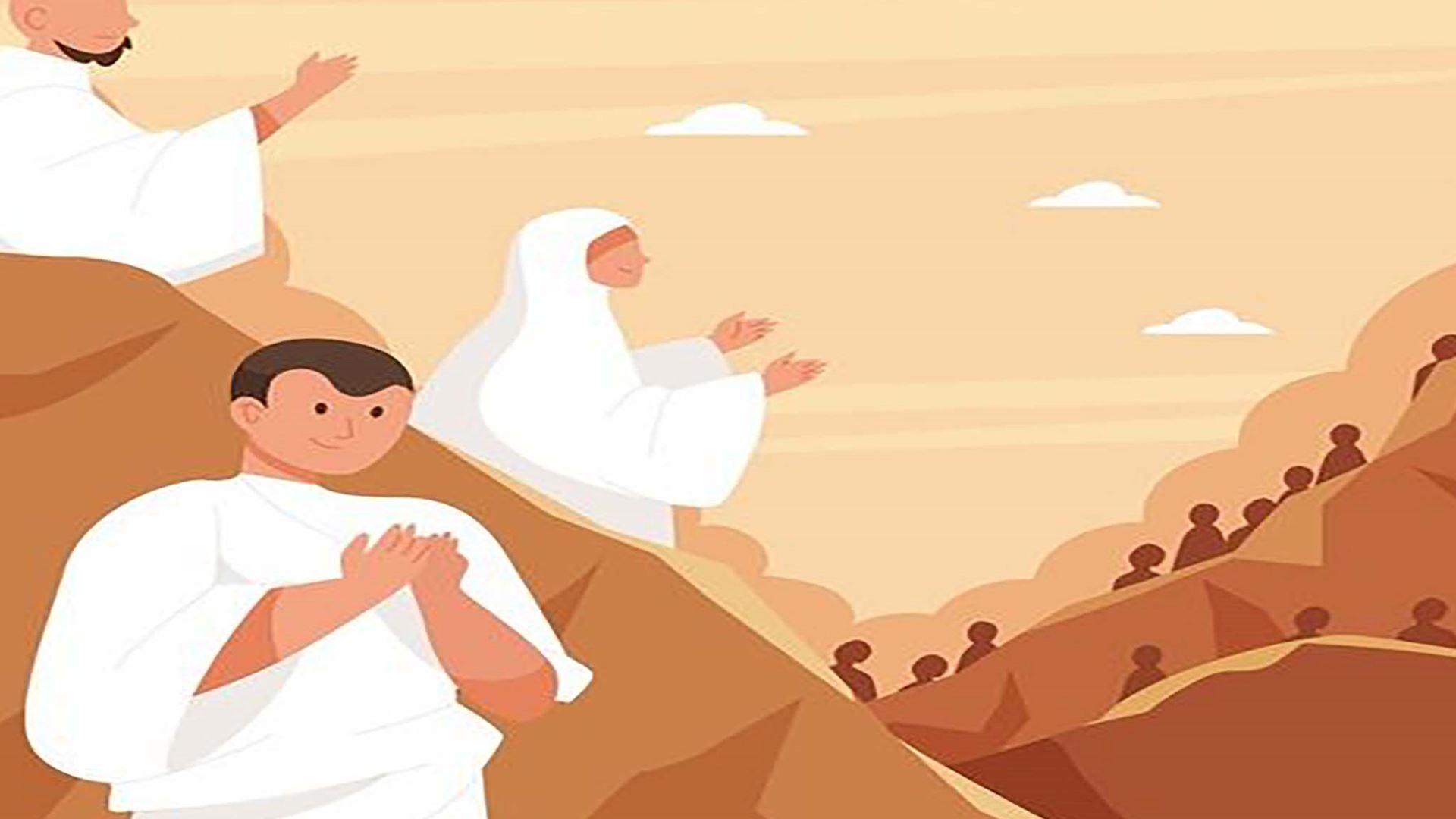
What are the mistakes that should be avoided in Arafah?
Below are common mistakes people that people make to avoid at Arafah.
- Some pilgrims do not recite the Talbiyah aloud on their way from Mina to Arafah. It was proven that the Prophet (peace and blessings be upon him) continued to recite the Talbiyah until he threw the pebbles of Al-Aqabah on the day of `Eid.
- One of the most serious mistakes that some pilgrims make is to stop outside Arafah and then stay there until the sun sets, after which they leave for Muzdalifah. Those who stand in these places have not performed Hajj. There are big and clear signs showing the boundaries of Arafah.
- Some people think that they have to go to the place where the Messenger of Allah (peace and blessings be upon him) stood beside the mountain and stand there. They put themselves through a great deal of trouble to reach that place. This is wrong. It was proven that the Prophet (peace and blessings be upon him) said, “I am standing here but all of `Arafah is the place of standing.”
- Some pilgrims think that the mountain by which the Prophet (peace and blessings be upon him) stood is holy, so they go and climb it seeking blessings from the stones and soil around it. These are unacceptable bid`ahs (innovations in religion).
- Some people think that it is essential to pray Zhuhr and Asr Prayers with the imam in the mosque, seeking that place from far away. This causes them a great deal of difficulty and many of them go astray, which makes Hajj extremely hard for them, and they crowd one another and upset one another.
What Ibadah can you do during the Night of Dhul-Hijjah 9?
The night of 9th Dhul Hijjah will be spent Muzdalifah. After praying in Arafah till Maghrib Prayers, you leave to Muzdalifah. On your way from Arafah to Muzdalifah, remember Allah and seek His forgiveness.
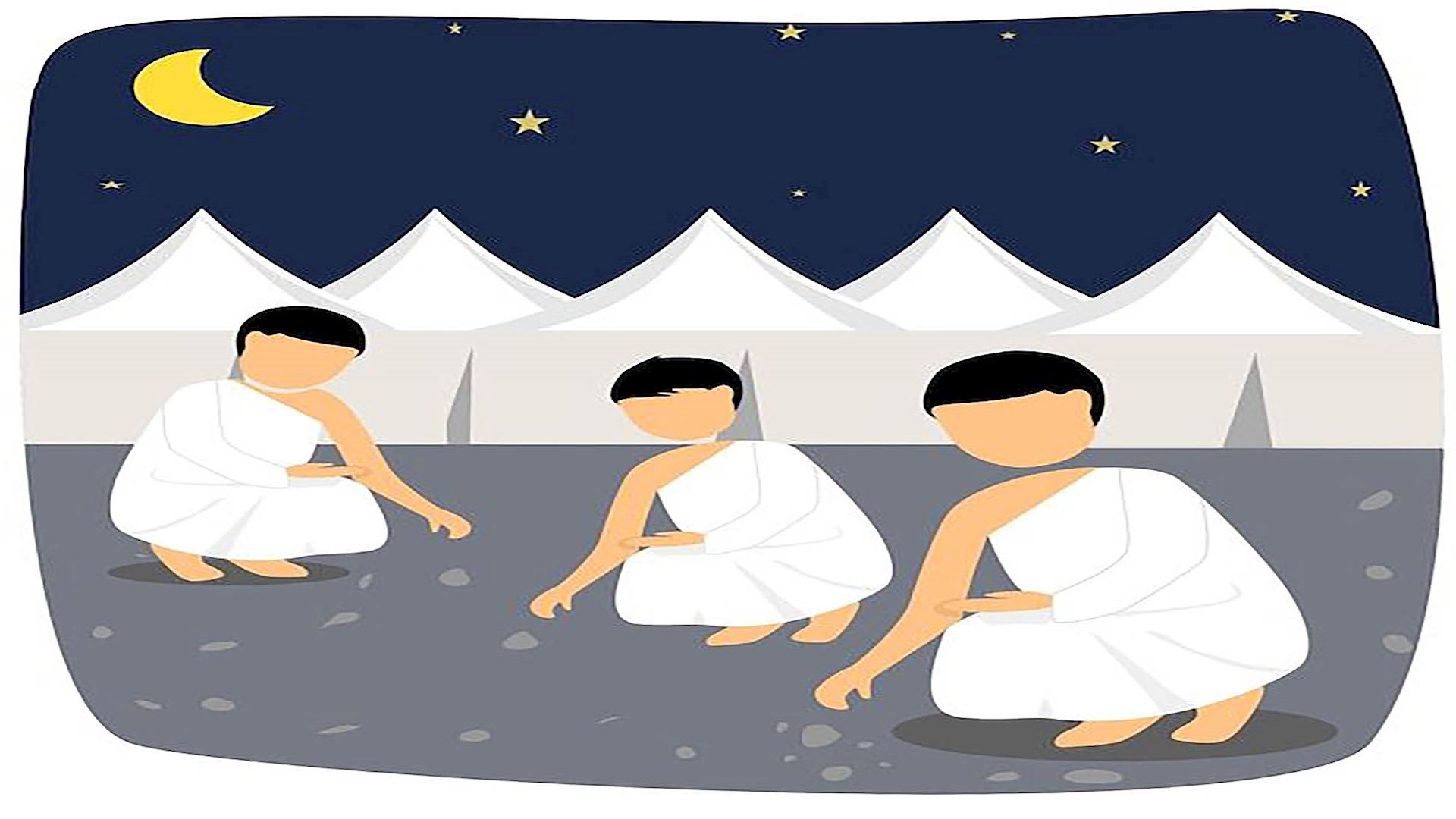
What to do once you have reached Muzdalifah?
Once you have reached Muzdalifah, enjoin Maghrib and Isha Prayers at the time of the Isha. Three rakahs for Maghrib and two for Isha.
If you think you might miss these prayers due to overcrowding Muzdalifah, then you may perform prayers on your way. Then when you reach Muzdalifah, you can sleep till dawn as per the Sunnah of the Prophet. However, according to some scholars you can leave after midnight.
It would be most beneficial to get as much rest as possible because, for the next three days you will physically exert yourself while the stoning of the devils.
You should collect pebbles for rami in Muzdalifah. The size of the pebbles should be similar to the size of date stones/seeds. You will need a total of 49 pebbles.
However, it is advised that you pick up a further 21 pebbles as a precautionary measure to bring your total up to 70, as you won’t always make it to your mark when throwing the pebbles.
What should you take with you to Muzdalifah?
Muzdalifah is an open area and rocky like Mina. But unlike Mina, you will not be provided with any tents. So, remember to ask your journey organizers if they will provide you with blankets or sleeping bags; these will prove very useful, especially if it is cold that night.
Often people underestimate the weight of things they are carrying. So, if you are not used to hiking or carrying weight over long journeys, the heat, and the trek of Hajj will overwhelm you. Hence, before beginning your Hajj journey ask the organizers what would be at each point in the journey, so you do not carry more than you need. As well as knowing where you need to go to get supplies.
Day of Arafah is an essential day of Hajj, without it, your Hajj is considered invalid. It is also one of the hardest parts of your Hajj journey, as the little comfort you had of tents in Mina is gone. Many of us are not used to sleeping on rocks and in the open air. This journey can be difficult for many pilgrims because it’s a tiring journey with a lot of walking. Spending all day in the heat and rocky landscape with limited access to food and water takes a toll on the body and mind. The time spent in Arafat is when many people faint or feel sick, thus, you are encouraged to stay hydrated and attentive to your body as much as possible. Further on you will take part in Rami and hadi, which are essential parts of Hajj.





